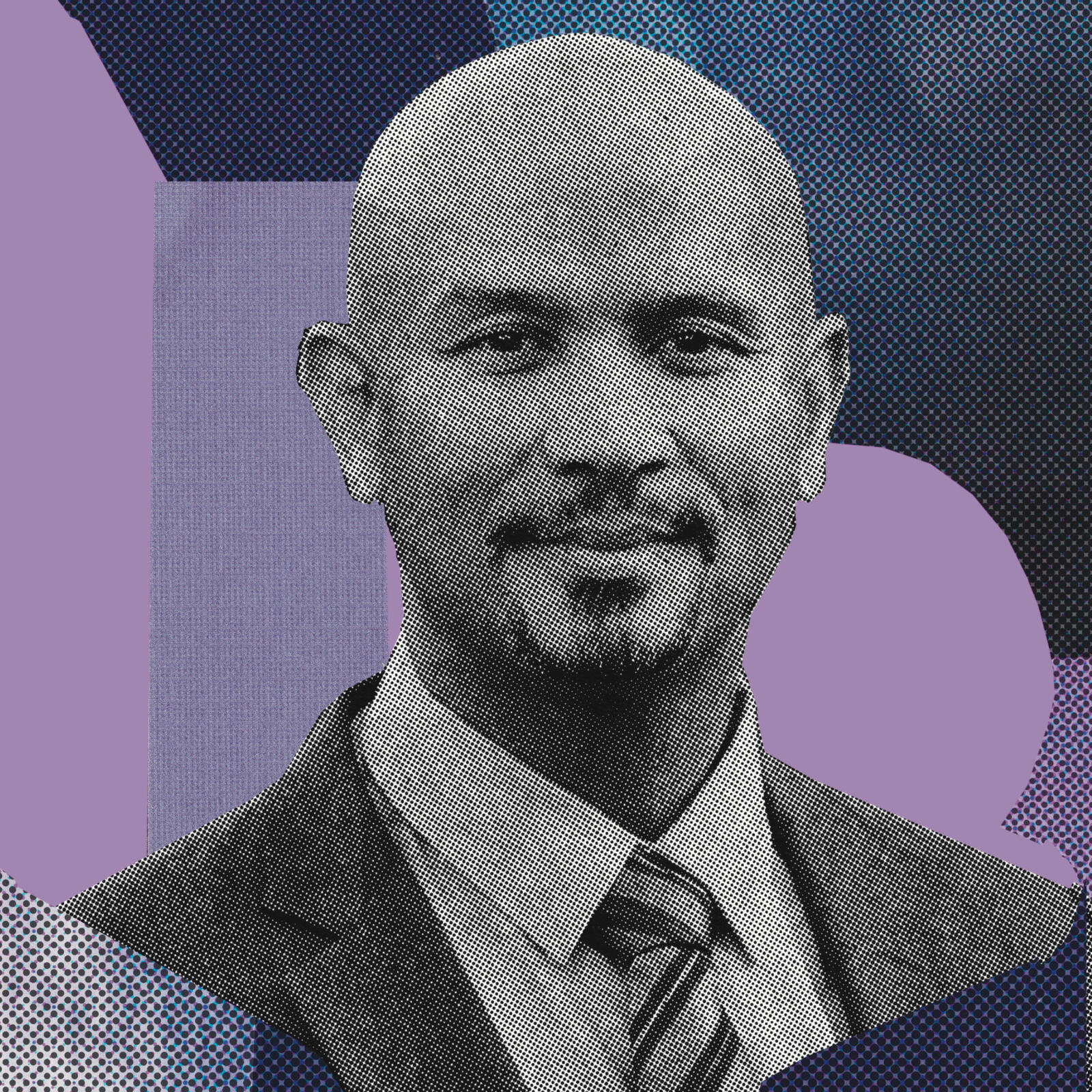Way back in 1995, when the NCAA suspended UCLA linebacker Donnie Edwards for accepting $150 worth of groceries that an agent left on his doorstep—in violation of then-rules prohibiting college athletes from receiving extra benefits—Ramogi Huma, a backup on that Bruins squad, felt incensed. “There was a deep sense of injustice,” says Huma, 46, now the executive director of the National College Players Association (NCPA), an advocacy group for athletes. “To see him treated like that, while they’re selling his jersey in the student store, it was wrong on all kinds of levels,” Huma says.
The incident inspired Huma to launch the NCPA in 2001, when the concept of giving college athletes more than a scholarship for their services, even though many of them were generating millions for their schools, faced fierce resistance. Spoiled athletes were already receiving a free ride, the thinking went. That was more than enough.
But as college sports continued to thrive over the past two decades—it’s now a $15 billion industry—the economic injustice of the NCAA’s business model (mostly white coaches and administrators getting rich off the backs of mostly Black football and basketball players) was brought into full light. Now, thanks in large part to Huma’s efforts organizing athletes and lawmakers, and conducting research exposing inequities, athletes can earn a fairer share through capitalizing on their Name, Image, and Likeness (NIL) rights. While Edwards was punished for accepting $150 worth of stuff from the supermarket, this past season USC quarterback Caleb Williams earned north of seven figures for appearing in Dr. Pepper commercials and signing other endorsement deals.
“He’s the conscience of the movement,” says Sen. Cory Booker (D-N.J.), like Huma a former Pac-12 football player—Booker was a tight end at Stanford—and a leading voice in Congress for college athletes’ rights. “There were things that were happening that were undeniably wrong. But what we needed was somebody to sound the clarion call on behalf of athletes. To get the awareness and the empathy and the action going. Ramogi was undeniably that person.”
While Huma has fought for college athletes of all stripes, he’s attuned to the racial dynamics at play. In 2020, he and Ithaca College professor Ellen J. Staurowsky, an expert on social-justice issues in sports, published a report finding that the average major-college football and men’s basketball player had fair market values of $208,208 and $370,085, respectively. The study was titled “How the NCAA’s Empire Robs the Predominantly Black Athletes of Billions in Generational Wealth.”
Huma was a consultant on O’Bannon v. NCAA, the landmark lawsuit filed in 2009 by former UCLA basketball star Ed O’Bannon, which challenged the NCAA’s NIL restrictions. In 2014, a federal judge ruled that NCAA rules indeed violated antitrust laws, though she didn’t order them overturned. In 2019, Huma strategized in Sacramento to help pass SB 206, a California state law allowing athletes to profit off NIL. Other states soon followed suit. In July 2021, amid legal challenges to amateurism and popular opinion shifting in favor of athletes, the NCAA allowed players to secure third-party sponsorships.
Huma’s work is not over. He helped AB 252, a bill that would require schools to share athletic revenues directly with players, pass the California state assembly in June. (It still requires Senate approval and the governor’s signature to become law.) “We blazed the trail with NIL,” says Huma. “We know we can do it again with revenue sharing.” In 2022, the NCPA filed a complaint against the NCAA, USC, UCLA, and the Pac-12 to the National Labor Relations Board (NLRB), arguing that college athletes should be classified as employees and allowed to unionize. In turn, the NLRB directed its Los Angeles regional office to pursue unfair labor charges against USC, the Pac-12, and the NCAA (UCLA was dropped, as the NLRB generally does not have jurisdiction over public schools). A trial in the case, which could help athletes around the country earn more benefits and protections, began in December.
In October, Huma testified before a Senate Judiciary Committee hearing on the future of college sports. “He had this gift, he had an ability to not be insulting to senators, but lay the facts plain in a way that they were indisputable,” says Booker, a member of the committee. “I just sat there looking at this guy. It’s not easy to testify in the United States Senate. But he’s one of the best I’ve seen.”
With NIL exploding these past few years, and more tectonic change likely on the way, it’s easy to forget that college-sports reform arrived at a glacial pace. “If I would have thought this cause would take over 20 years to begin to make progress, I might not have gotten involved in the first place,” says Huma. “But seeing some of the benefits that athletes are getting now, it’s definitely all worth it. If you feel like you’re on the right side of history, just don’t give up.”
- The 100 Most Influential People of 2024
- How Far Trump Would Go
- Why Maternity Care Is Underpaid
- Scenes From Pro-Palestinian Encampments Across U.S. Universities
- Saving Seconds Is Better Than Hours
- Why Your Breakfast Should Start with a Vegetable
- Welcome to the Golden Age of Ryan Gosling
- Want Weekly Recs on What to Watch, Read, and More? Sign Up for Worth Your Time
